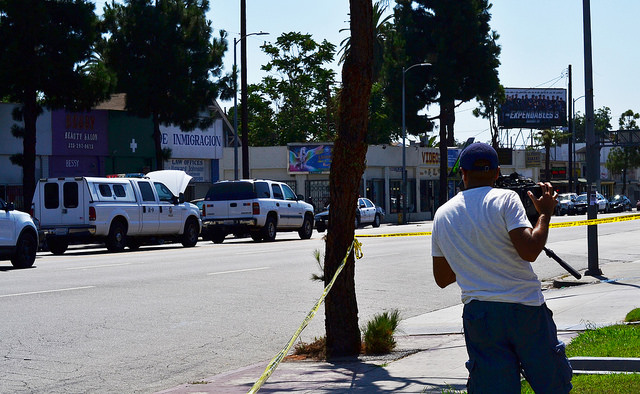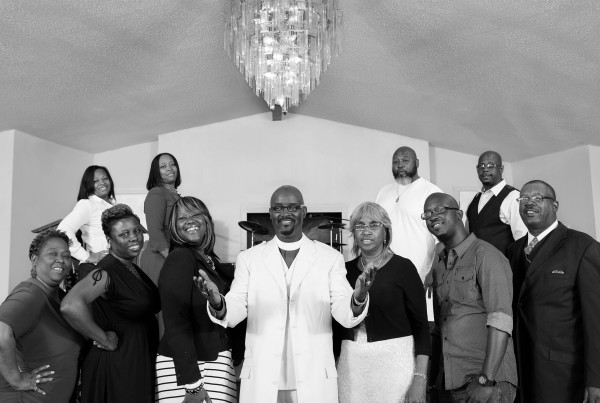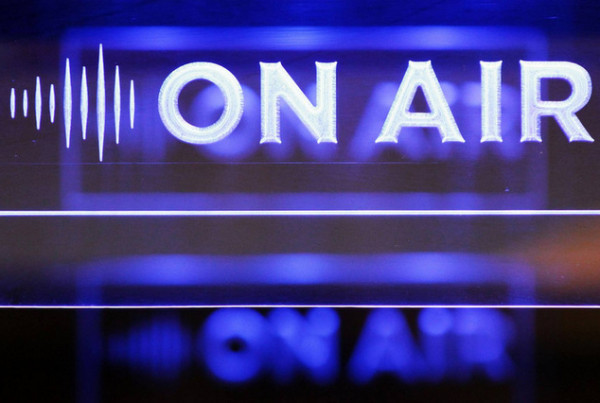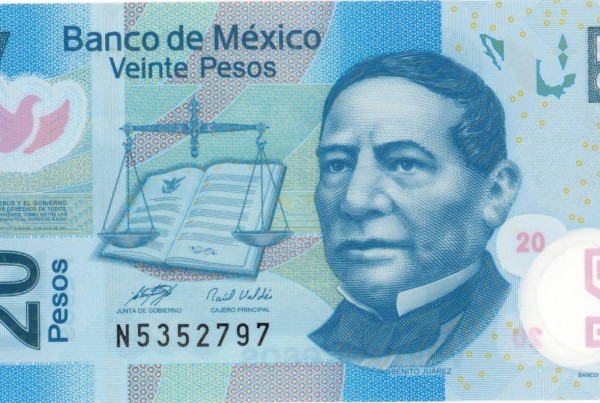According to the Houston Chronicle, House Bill 2918 –which would restrict the filming of Texas Peace Officers – would allow exemptions for some members of the media.
“As defined in the bill, only a radio or television that holds a license issued by the Federal Communications Commission, a newspaper that is qualified under section 2051.044 or a magazine that appears at a regular interval would be allowed to record police,” the Chronicle’s Daniel Pérez writes.
The bill comes at a time when police are under increased scrutiny following a string of shooting deaths of unarmed civilians. Critics of the bill say there needs to be an increase in video documentation, not less, and claim the bill violates the First Amendment.
Attorney Alicia Wagner Calzada, with Haynes and Boone of San Antonio, says the twenty-five feet rule goes to far.
“When you think about how long twenty-five feet is, it’s longer than the average pickup truck, it’s longer than the average room, so you could not photograph a police officer within the same room,” Calzada says.
Villalba has said the bill isn’t trying to deter private citizens from filming police; rather it gives law enforcement space to carry out their duties. Calzada thinks putting an arbitrary space restriction would not work for every case.
“A reasonable buffer would be potentially okay, but I think every circumstance is different. So it’s very difficult to say ‘twenty-five feet is an appropriate zone’,” she says. “A lot of First Amendment cases are decided on a case-by-case basis because all these situations are variable. If you’re sitting in the backseat of a car, and someone pulls over the driver, and you want to shoot a video of the interaction between the driver and the cop, obviously you can’t be twenty-five feet away. But you’re also really not interfering by sitting in the backseat running your cell phone.”












